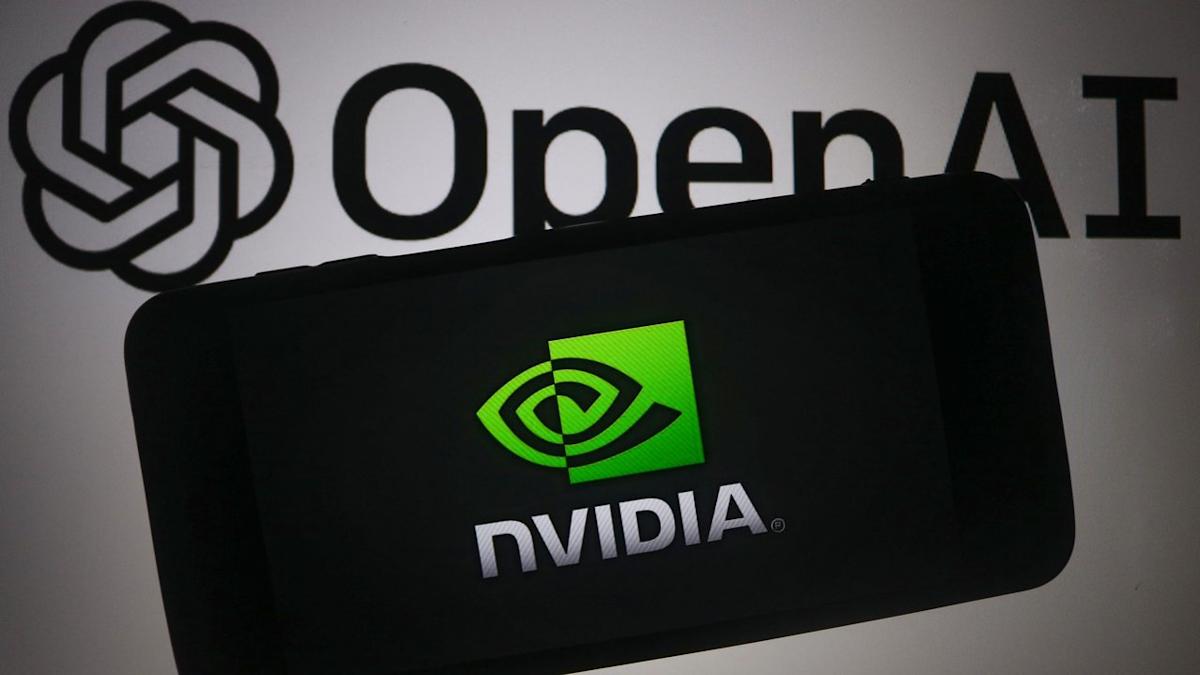Chip stocks climb after Nvidia-OpenAI deal announcement
Global semiconductor stocks surged on Tuesday after Nvidia announced plans to invest as much as $100 billion in OpenAI – despite a warnings of an industry shortfall in the revenue needed to fund future computing power.
The Nvidia-OpenAI deal will see the chipmaker put vast amounts of cash into helping build data centers, which it has called “AI factories,” through a staged partnership that guarantees OpenAI first dibs on the world’s most coveted GPUs.
While more details of the deal will be finalized in the coming weeks, global chip stocks were sent higher on the news. In Taiwan, shares of Taiwan Semiconductor Manufacturing Co., which makes chips for Nvidia, rose 3.5%, while South Korea’s SK Hynix also saw shares rise more than 2.5%. The company makes memory chips for Nvidia’s systems.
SK Hynix’s rival Samsung also jumped 1.4% amid expectations that the company will get approval to supply its own memory chips to Nvidia in the near future.
The agreement combines a supplier deal with a financing package. Nvidia will fund construction as OpenAI builds data centers powered by millions of its chips. The first facility, using Nvidia’s upcoming Vera Rubin platform, is expected to begin operating in the second half of 2026. By the time the network reaches 10 gigawatts, OpenAI will run a grid comparable in scale to national power utilities.
Under the deal, Nvidia becomes OpenAI’s “preferred strategic compute and networking partner.” The companies will align their hardware and software schedules so that new Nvidia platforms launch alongside new OpenAI models.
The stock rally came despite a warning from Bain & Co. about the financial pressure building across the AI sector. The consulting firm said companies developing AI are committing vast sums to new data centers but are not on course to generate the income to pay for them.
In its annual Global Technology Report, Bain said AI firms will need roughly $2 trillion in yearly revenue by 2030 to cover the computing power needed to meet demand, but will miss that by $800 billion as services such as ChatGPT bring in less money than the infrastructure costs required to support them.
OpenAI is losing billions of dollars a year as it focuses on expansion, though the company has said it expects to turn cash-flow positive by 2029.
The Bain report said the mismatch could increase scrutiny of how AI companies are valued. “If the current scaling laws hold, AI will increasingly strain supply chains globally,” said David Crawford, chairman of Bain’s global technology practice.
—Shannon Carroll contributed to this article.



Leave a Comment
Your email address will not be published. Required fields are marked *